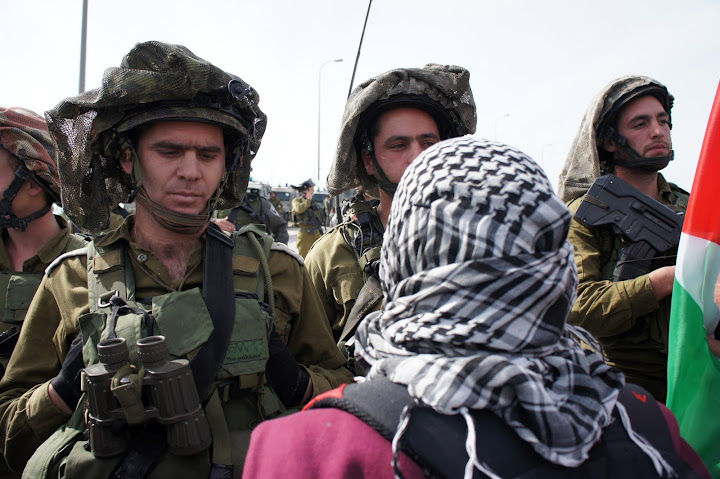Tag: Burqin
-
Kufr ad-Dik and Burqin march against boars, pollution, and violence by Israelis
by Jonas Weber 3 February 2012 | International Solidarity Movement, West Bank Burqin and Kufr Ad-Dik face daily obstructions in justice as nearby illegal Zionist settlements encroach on the livelihood of local Palestinians. The villages are surrounded by several hilltop illegal settlements and industrial sites with polluting factories and an army base. “This is a…

